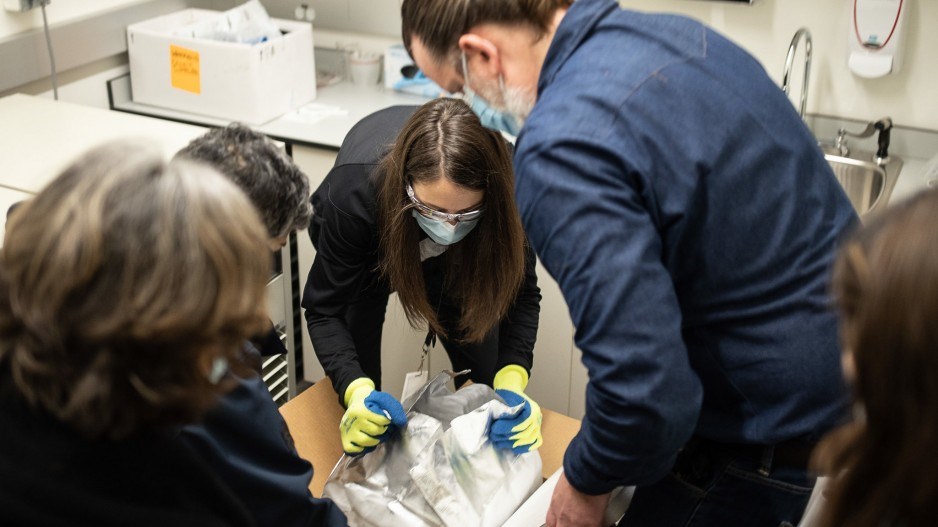If you have been on a certain side of TikTok or other social media for a nanosecond, you have likely seen the hubbub about the court-ordered release of Pfizer-BioNTech COVID-19 vaccine documents.
Of particular interest to those opposed to the coronavirus vaccines are the so-called “nine pages,” of adverse reactions that are said to be proof that the shots are dangerous.
But is that what the pages say?
What actually is all this about?
The Squamish Chief asked the Ministry of Health about the assertion that these nine pages are damning of the vaccine.
“Misinformation about immunization continues to be a challenge faced by B.C. and jurisdictions around the world during the pandemic,” a Ministry spokesperson said in an emailed statement.
“Vaccines are among the most strictly regulated tools in modern medicine. Serious adverse reactions to vaccines are extremely rare and happen less than one time in a million.”
Here are the facts from the Ministry of Health:
-
The U.S. Food and Drug Administration’s (FDA’s) Center for Biologics Evaluation and Research (CBER) recently released a public report on post-authorization vaccine data as part of a U.S. court order. The report includes a "list of adverse events of special interest" following immunization from the Pfizer vaccine during its clinical trials.
-
During the Pfizer vaccine clinical trials, the manufacturer monitored and recorded all adverse events up to six months after the patient’s second dose of the vaccine. Any health problem that happened after vaccination during the trial is considered an adverse event following immunization. An adverse event can be a true adverse reaction — also known as a side effect — that is related to the vaccine, or a coincidental event that happened following vaccination. If an adverse event following immunization happens, authorities investigate whether the vaccine is directly responsible for the adverse event and whether certain safety signals present at a higher-than-expected rate. What that means is whatever health event happens in that six months is recorded (the nine pages) and then investigated to determine if it was or wasn't due to the vaccine.
-
Vaccine manufacturers are bound to report all adverse events to the relevant regulating body, such as Health Canada.
-
The report concludes that the data does not reveal any novel — new — safety concerns or risks requiring changes to the product monograph to include new side effects and continues to support a favourable benefit-risk profile of the Pfizer vaccine. [The product monograph is a factual, scientific document on a drug product, without any promotional material, that describes the properties, claims and conditions of use of the drug.]
"The Ministry of Health advises people to access accurate information about COVID-19 from reliable sources including the websites of the Government of B.C. and the B.C. Centre for Disease Control," said the Ministry spokesperson.




